New VAN RYSEL RCR-F: the Aero that everyone is talking about has just been presented and starts at 5,499€
If last year Decathlon managed to make the Van Rysel RCR-Pro, which was used by the Decathlon-AG2R La Mondiale team, the trendy bike, this year they intend to achieve the same by incorporating a specifically aerodynamic bike into the range. The new Van Rysel RCR-F is designed to save every gram of force against the wind in races where pedaling at full speed, also increasing its rigidity to favor the most powerful riders in races like the Flemish classics.
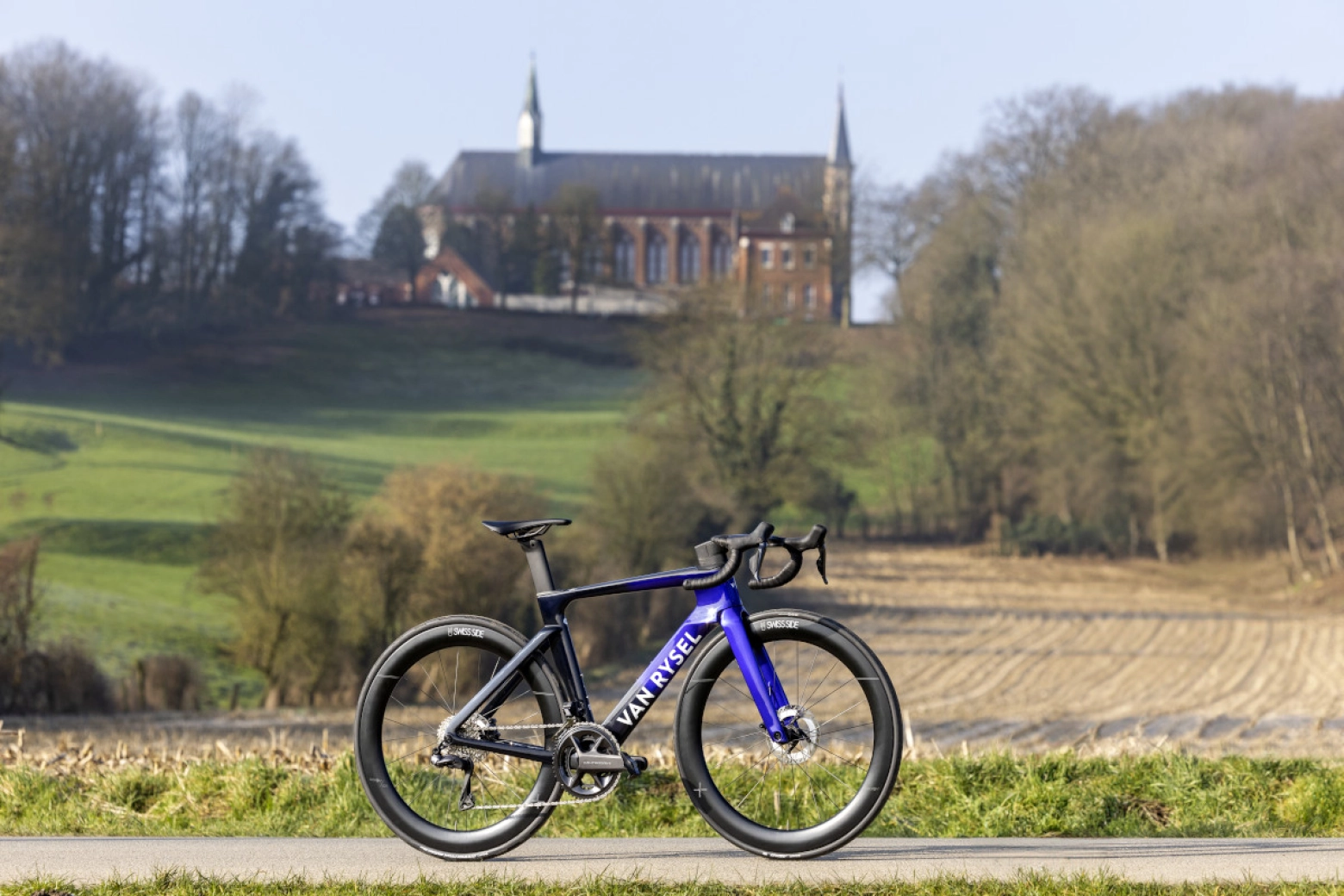
Van Rysel RCR-F, aerodynamics without compromise
Although in recent years the trend of different brands has been focused on versatile bike models where aerodynamics and lightness go hand in hand in the best possible balance between both parameters, studies continue to affirm that, for many of the routes that cyclists face in competition, a specifically aerodynamic bike makes perfect sense.
That was the conclusion reached by the Decathlon engineers when deciding to create this Van Rysel RCR-F, determining that it is the ideal type of bike for routes that do not exceed 1,500 m of accumulated elevation gain per 100 km traveled and average speeds above 35 km/h where the average slope of the climbs is around 5%, as you can see, premises that are met in a large number of events on the calendar, especially in the spring classics, but also in medium mountain stages and, of course, in flat stages for sprinters.
RECOMENDADO
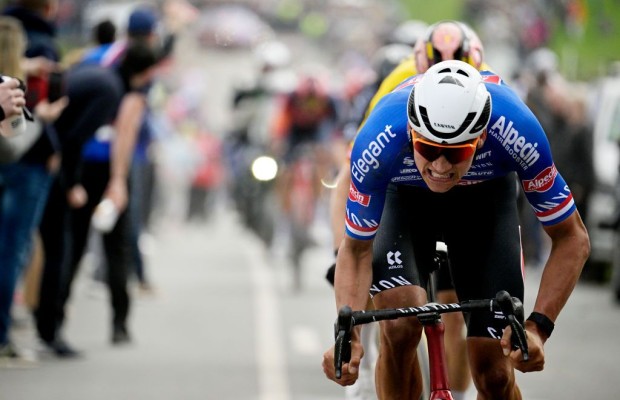
What happens if you exceed your maximum heart rate? Risks of pushing yourself to the limit
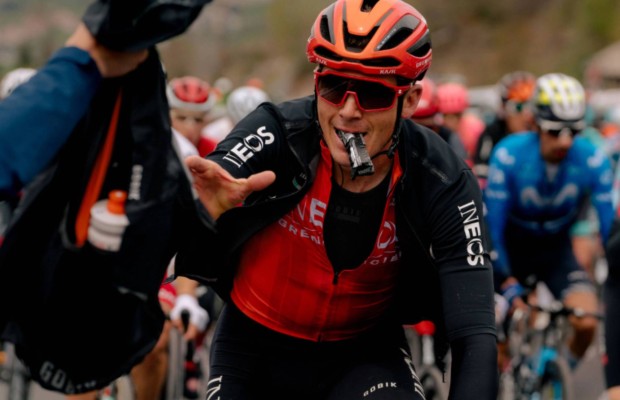
What are nitrates and why will they give you an extra boost in your performance on the bike?
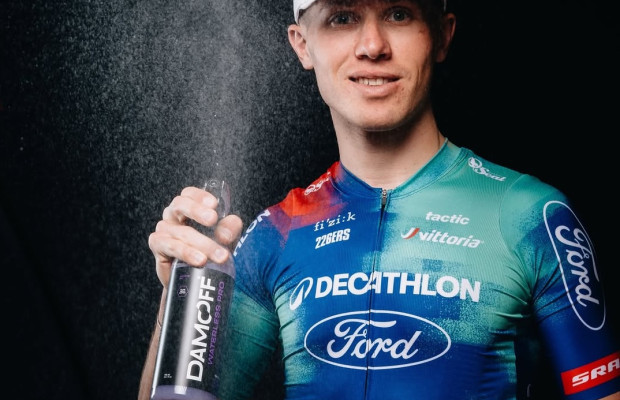
How to wash your bike at a gas station without ruining it
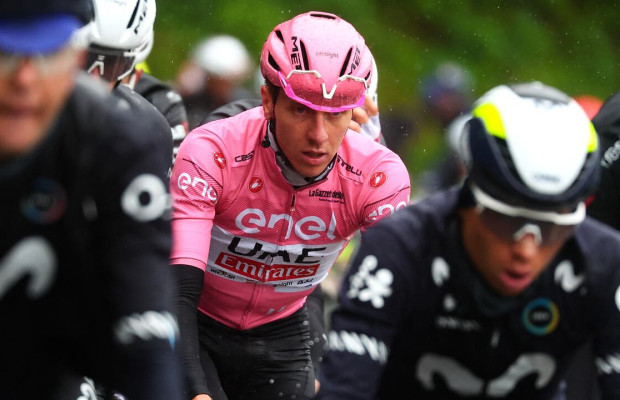
Tips for staying motivated to go out riding when cold, rain or night lurk
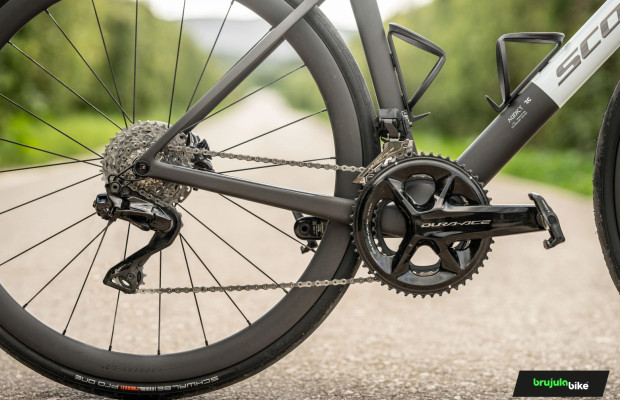
How to choose the right crankset and cassette: a guide to find the right ratio and extend the life of your bike
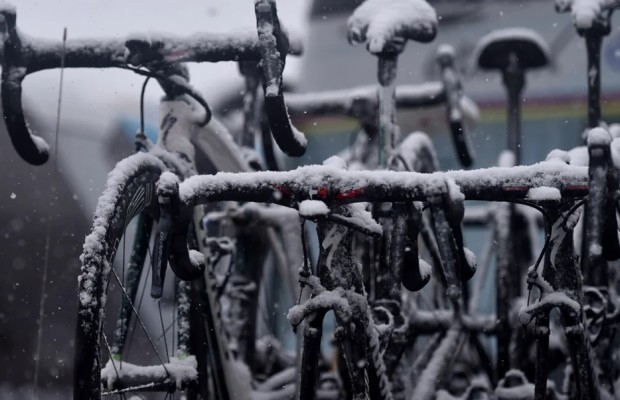
Can I go cycling with the flu or a cold?
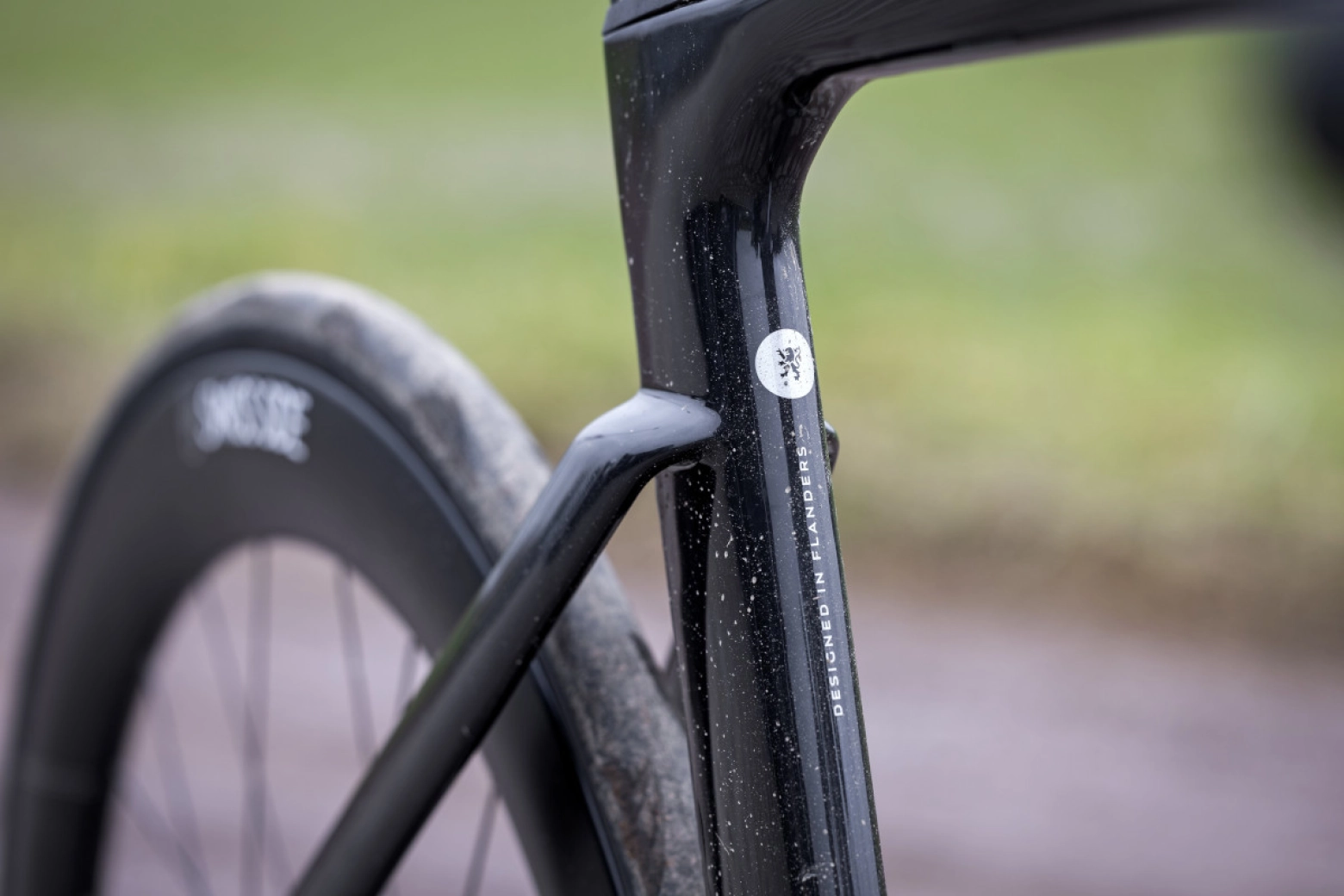
Like almost all current bikes, the development of this new Van Rysel RCR-F begins with the establishment of aerodynamic improvement objectives and the development of models using Computational Fluid Dynamics or CFD technology that allows simulating countless virtual prototypes. With a general design that approaches these objectives, full-size 3D printed prototypes are built and taken to the wind tunnel to validate the data generated by the computer. In total, 6 designs were tested in the wind tunnel to choose the one that best met the objectives, obtaining a gain, in riding conditions, that is, with bottles and bottle cages, of 20.1 W at a speed of 55 km/h compared to the RCR-Pro.
Tests in the wind tunnel also focused on designing the bike to facilitate the best positioning of the cyclist in aerodynamic terms so that it is easier to maintain the usual position with the back almost horizontal, hands on the hoods, and elbows at a 90° angle.
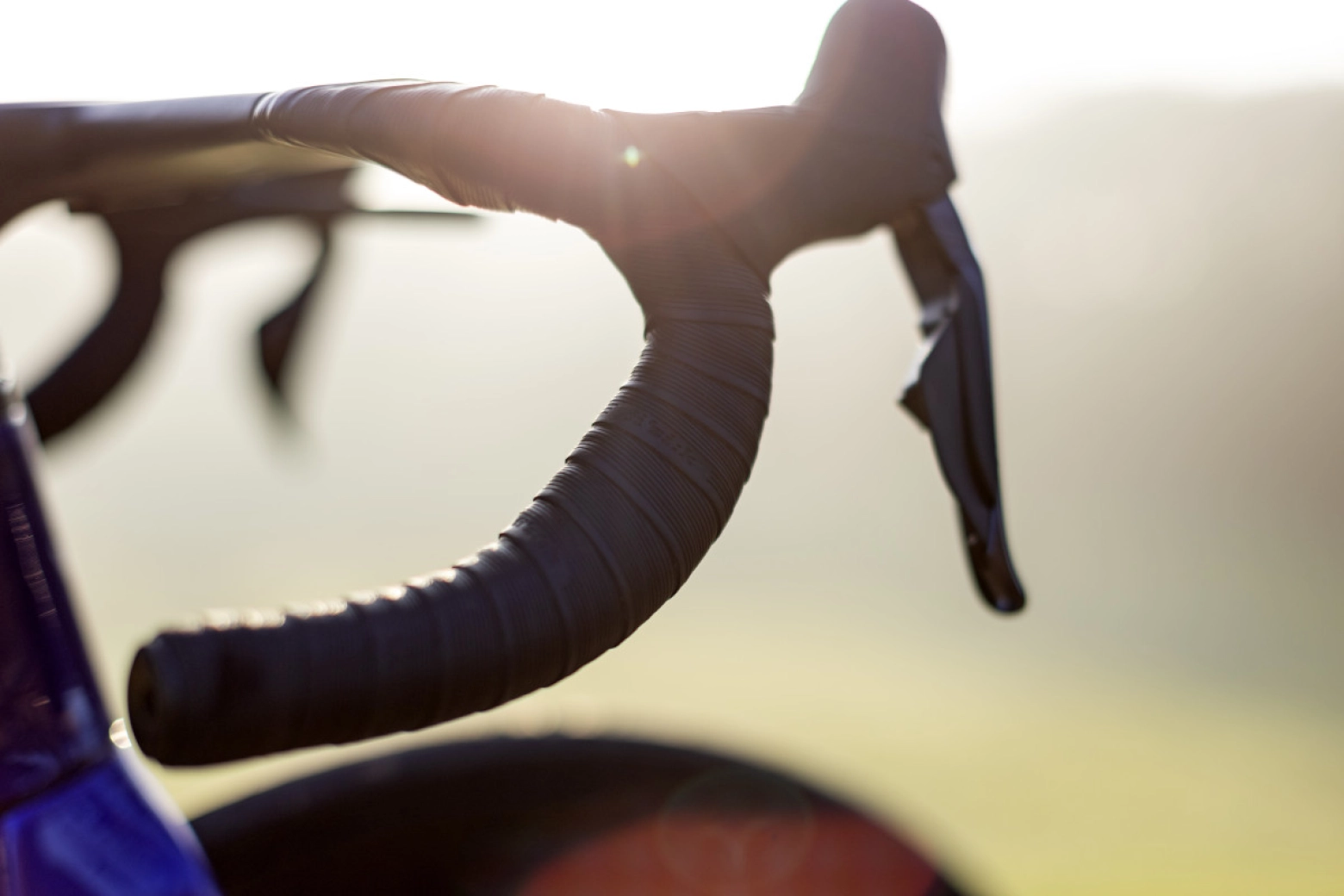
An aspect in which the new integrated handlebar developed with Deda plays a relevant role, a regular supplier of components for Van Rysel bikes marketed by Decathlon. The handlebar has been worked on in the horizontal part, wider and rounded, in the curve of the handlebar, bulging in the area where the hand should grip to facilitate a more natural and firm grip, and especially in the grip on the hoods, optimizing aerodynamics with a generous 12° flare, almost like a gravel handlebar.
Decathlon has also worked intensively on the layup of this bike, using a combination of 40T and 60T carbon fibers for the parts with the highest demand for stiffness to improve this parameter since the type of cyclist this bike is more focused on are strong men, sprinters, classics riders, and domestiques who spend the day working and are capable of maintaining spectacular wattage figures. Overall, this Van Rysel RCR-F improves the stiffness figure of the RCR-Pro by no less than 7%.
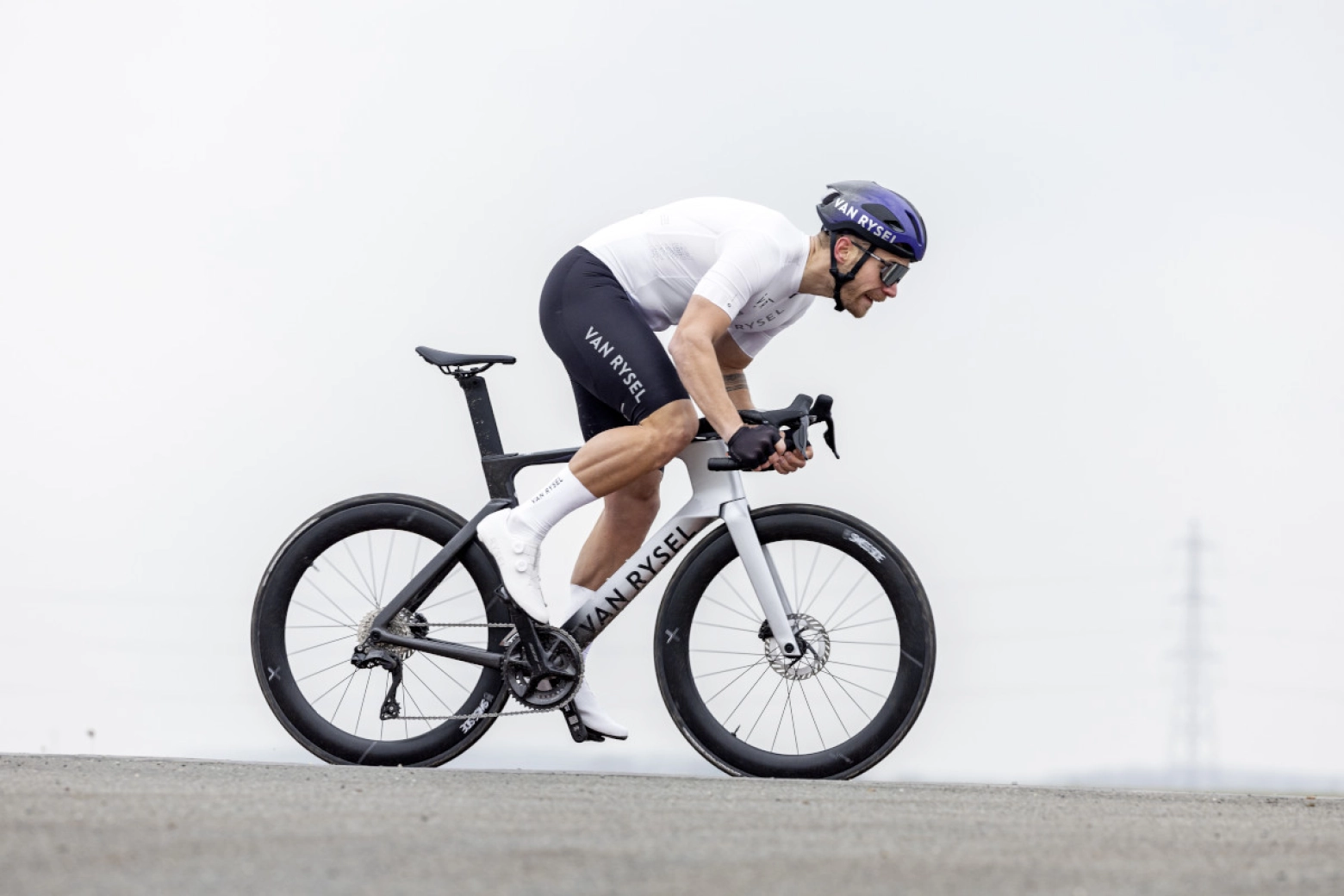
Obviously, having a more aerodynamic and stiffer frame means paying a certain toll in terms of weight. To prevent this from skyrocketing, Decathlon has tried to take care of small details that allow them to save a few grams. For example, the derailleur hanger and the seat clamp receive careful machining to remove all unnecessary material, or in the paint pattern chosen for its decoration, only the front part is decorated, leaving the rest of the bike with visible carbon to which a layer of lacquer is applied. There will even be the option with the entire frame lacquered, without paint, which allows saving between 30 and 60 g, depending on the size, compared to the painted version.
A Van Rysel RCR-F that you can already find on the Decathlon website as well as in their main stores, with three setups, with the characteristic quality/price ratio that the French brand always boasts and that starts at €5,499 for the version equipped with Shimano 105 Di2.
Van Rysel RCR-F: Setups and prices
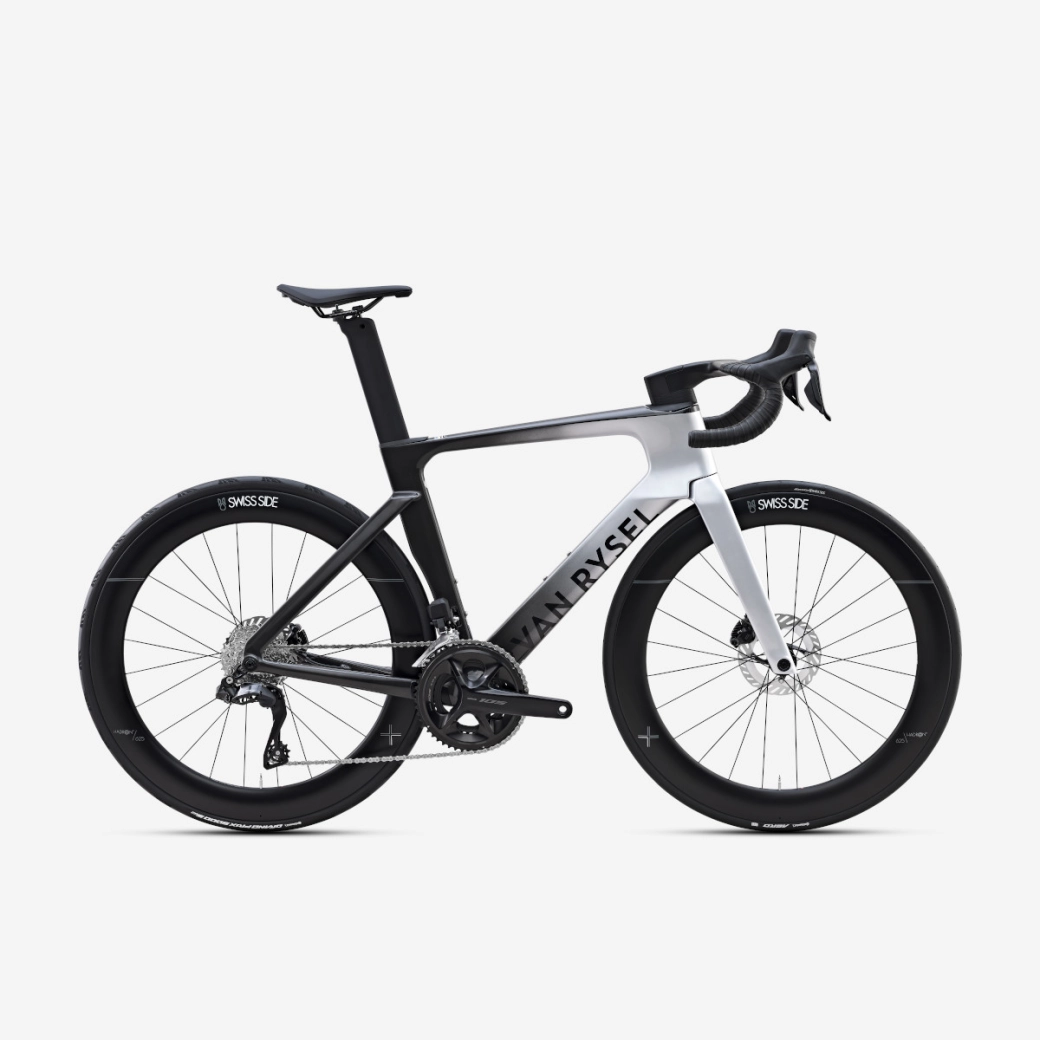
RCR-F Shimano 105
- Price: €5,499
- Weight: 8.2 kg
- Frame: Carbon
- Groupset: Shimano 105 Di2, 52/36 crankset with Inpeak power meter, 11-34 cassette
- Wheels: Swissside Hadron CLA 625
- Tires: Continental GP5000 TR
- Handlebar: Deda VR RCR FSeat: Van Rysel
- Colors: Grey Flow
RCR-F Shimano Ultegra
- Price: €6,499
- Weight: 8 kg
- Frame: Carbon
- Groupset: Shimano Ultegra Di2, 52/36 crankset with Inpeak power meter, 11-34 cassette
- Wheels: Swissside Hadron CLA 625
- Tires: Continental GP5000 TR
- Handlebar: Deda VR RCR
- Seat: Fizik Antares
- Colors: Purple Flow
RCR-F Shimano Dura-Ace Signature and Team
- Price: €9,499
- Weight: 7.7 kg
- Frame: Carbon
- Groupset: Shimano Dura-Ace Di2, 52/36 crankset with power meter, 11-34 cassette
- Wheels: Swissside Hadron CLA 625
- Tires: Continental GP5000
- Handlebar: Deda VR RCR F
- Seat: Fizik Argo Vento
- Colors: Raw Shiny, Team